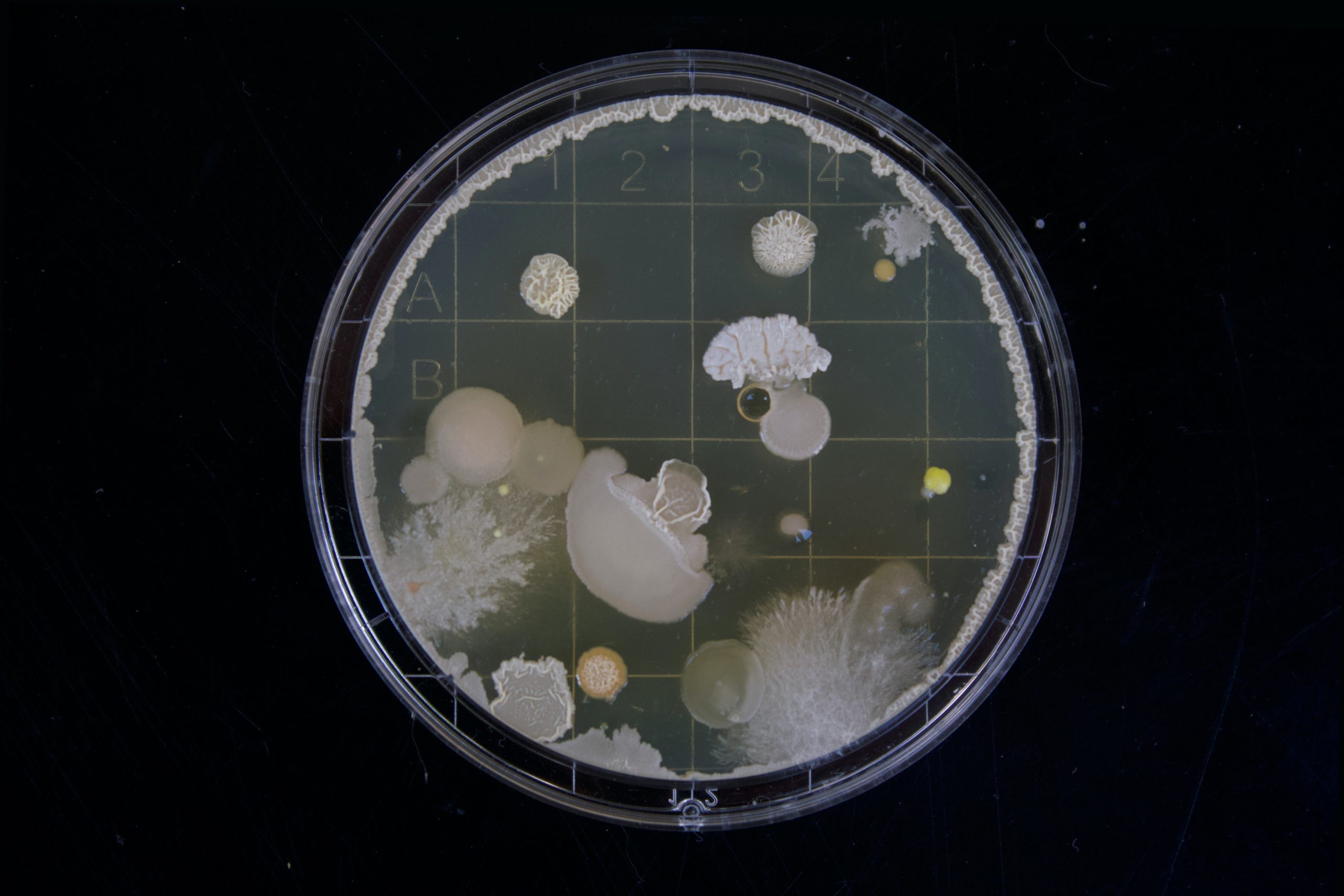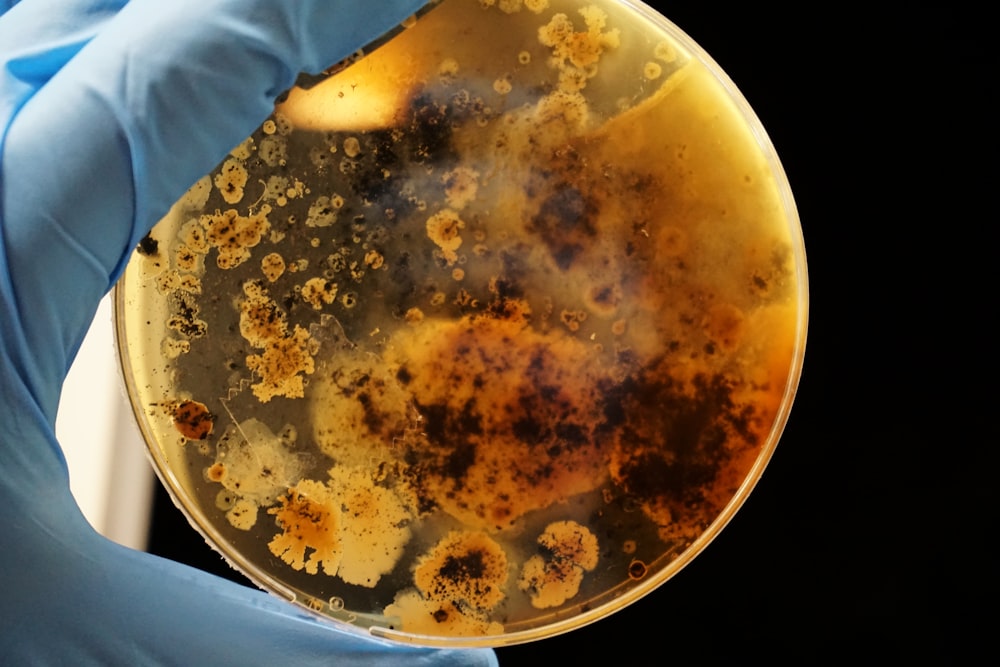A Lover Letter to Microbes

It’s no secret that I love microbes; I have a degree in microbiology, after all. There’s a lot of reasons to love them, and even the reasons to hate them can be twisted into loving them.
We wouldn’t be here without microbes, because they were what life started as three and a half billion years ago. Single-cell organisms like bacteria and archaea were the original life, once covering the Earth, and they used photosynthesis to live. This use of carbon dioxide to live resulted in oxygen, leading to the Earth’s atmosphere changing to mainly oxygen and allowing oxygen-breathing life to prosper, eventually leading to humans as we are today.
We can even still see the start of this evolution in extremophiles, such as archaea, which live in the extreme conditions we could never survive that can mimic what the Earth was like before the atmosphere changed. By extreme, I mean extreme: think hydrothermal vents, where temperatures can be over 700°F.
Our need for them goes even further than that, too. Not only would the human race be different without the evolutionary pressure to develop an immune system, but we also wouldn’t have our microbiome.

The microbiome is the collection of microbes in an environment; for humans, that means on our skin, in our mouths, in our nose, in our digestive system. You may be thinking, bacteria, fungi, and viruses all over us? Gross. Except… they’re too important to be gross. They help break down food in the gut, getting rid of toxins and synthesizing vitamins we need to be healthy. They also take up space, meaning when a foreign microbe gets into our system, there’s fewer places for them to stick to and colonize.
Microbes are important for the planet, too. Many of them use carbon dioxide for energy, releasing oxygen as a by-product, so they help plants absorb greenhouse gases that are building in the atmosphere. In fact, they’re responsible for about half of the photosynthesis on Earth. They also live in soil, and help breakdown dead plants and animals. That breakdown returns nutrients for the soil, such as nitrogen, which in turn, gets taken up by plants. The plants are eaten by herbivores, which are eaten by carnivores, and the cycle repeats. All of the nutrients we need already exist on Earth: life survives because they get reduced into basic molecules and recycled from there to form more complex molecules.
If you can’t tell by now, I love microorganisms. I have a Bachelor’s degree in Microbiology, and I’m currently studying for my Masters in Biodefense and Emerging Infectious Diseases. All this studying has only shown me how important microbes are, even the bad ones that hurt us. Infectious microbes, or pathogens, helped make society what it is today: they trampled empires, caused migration, and even now, they’re changing how we view things as normal as going out to eat or going to class. They’ve created millions of jobs in research, teaching, manufacturing, distribution. We need them, as much as they need us.
Editors’ Note: This love letter is part of Planet Home’s Valentine’s Day series. We asked our team to write an ode to a part of the world they feel most connected to. We hope this inspires you to appreciate all things big and small that make our planet feel like home.


Leave a Reply